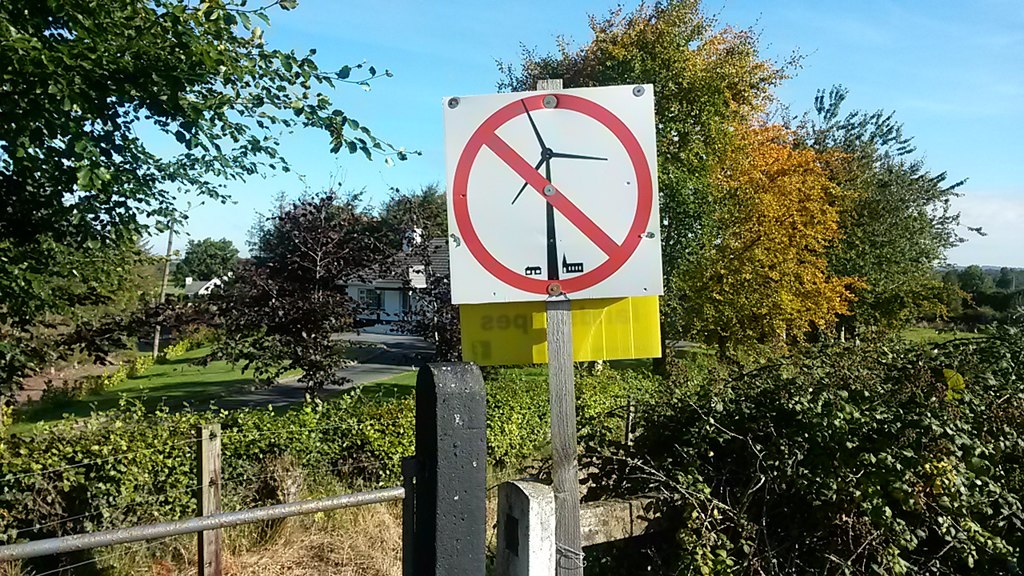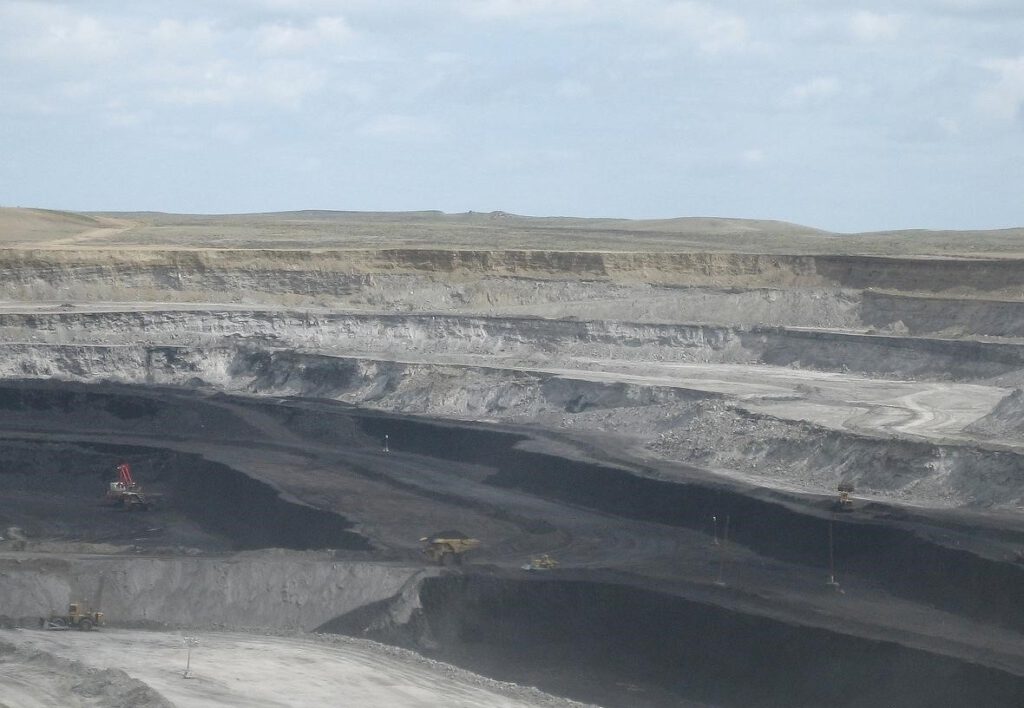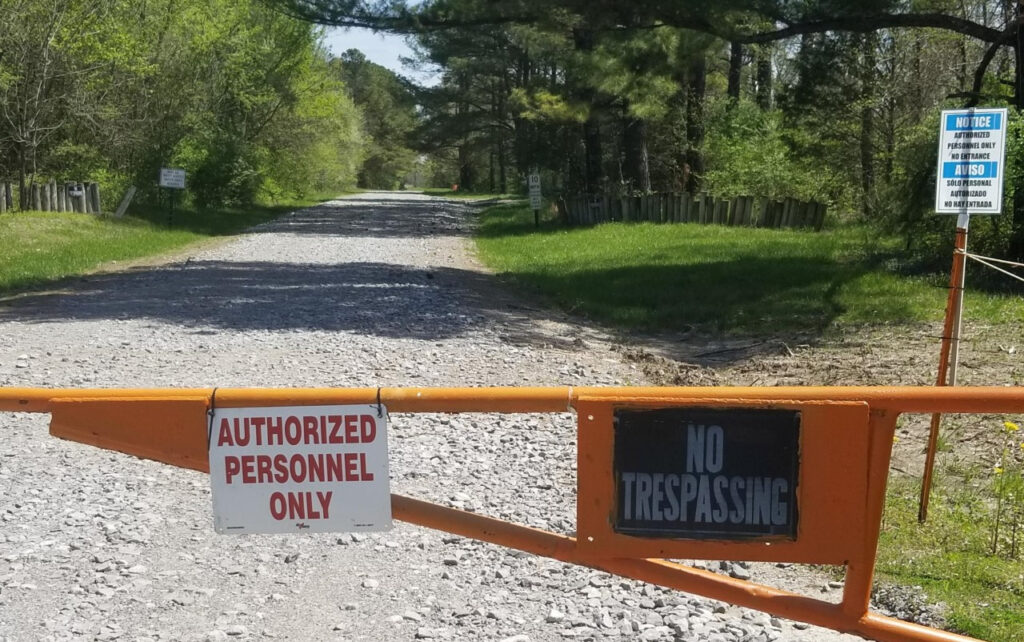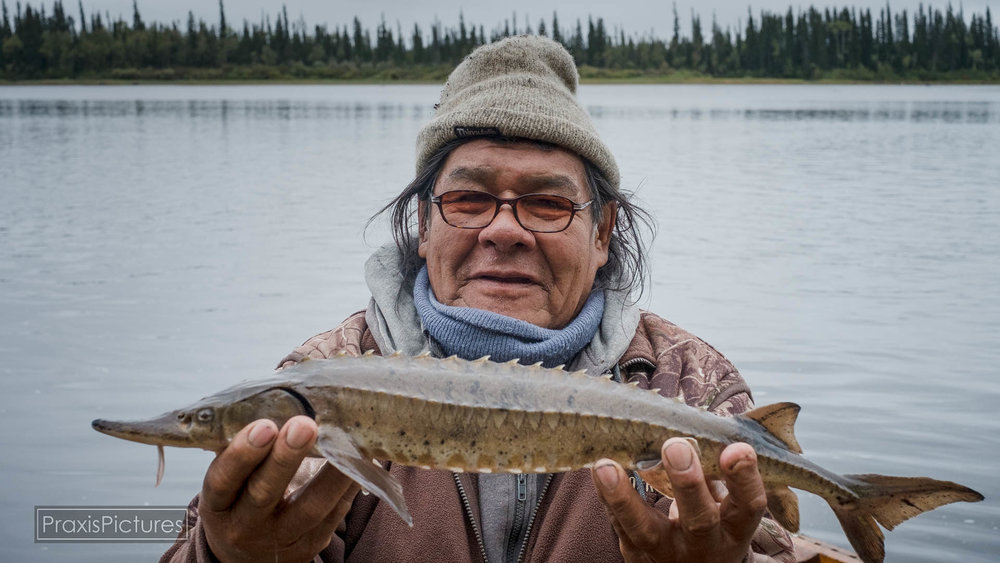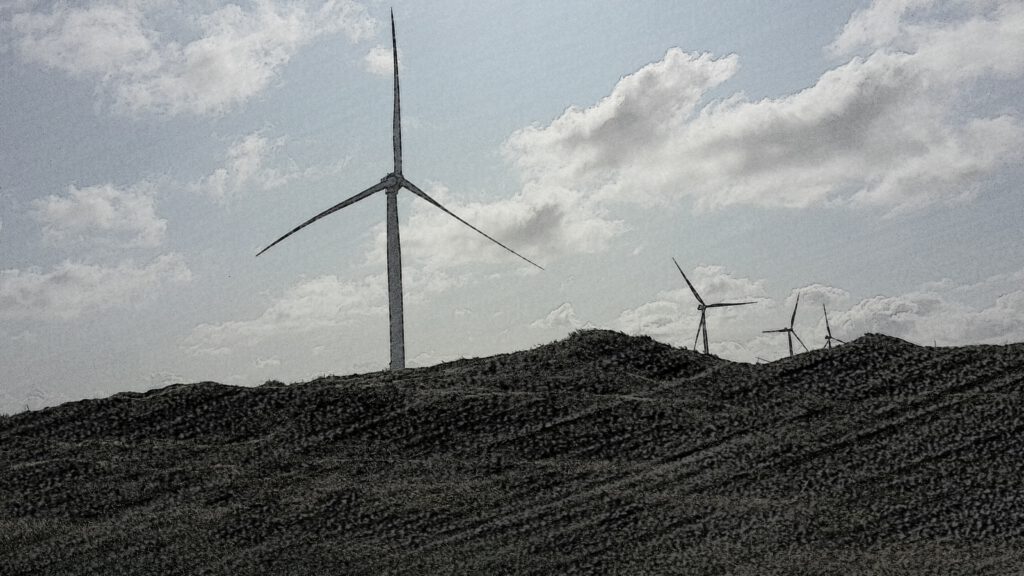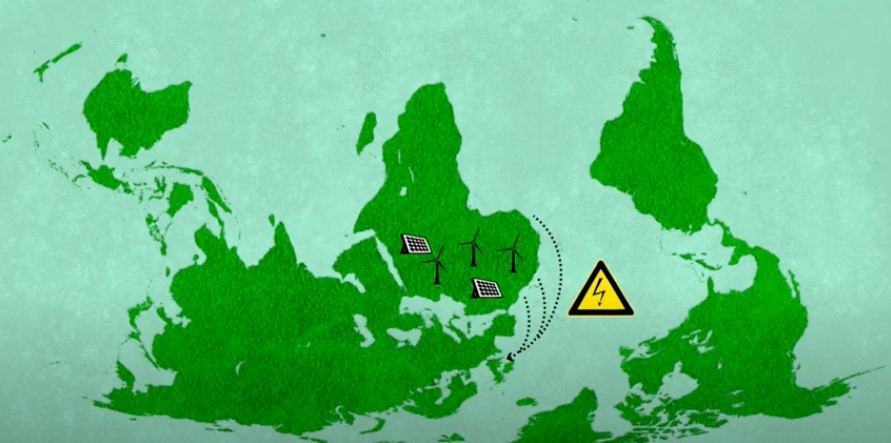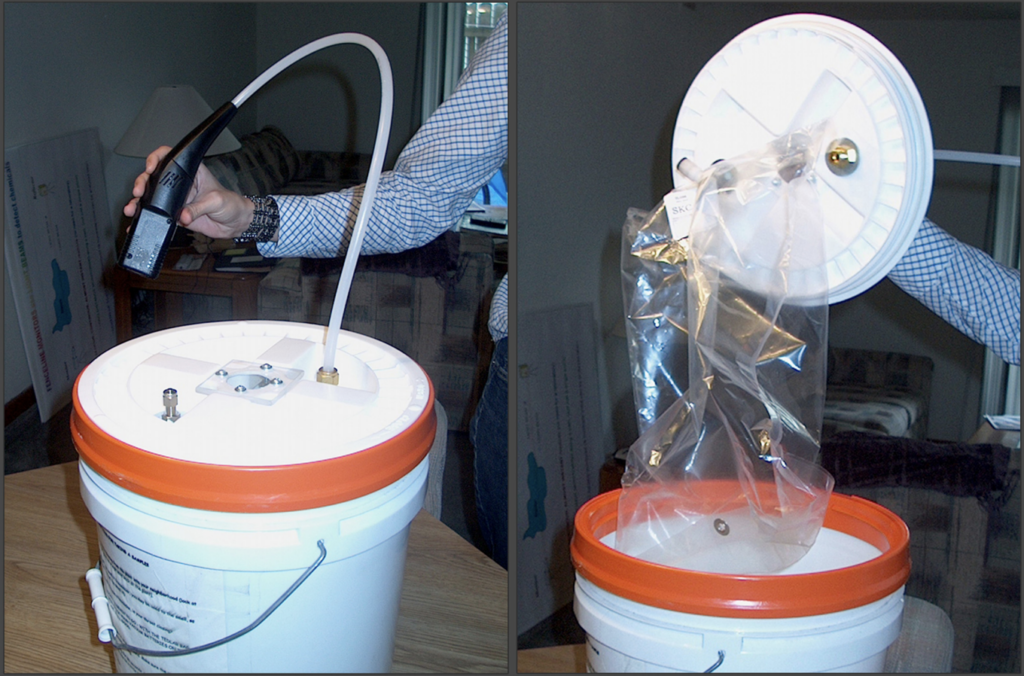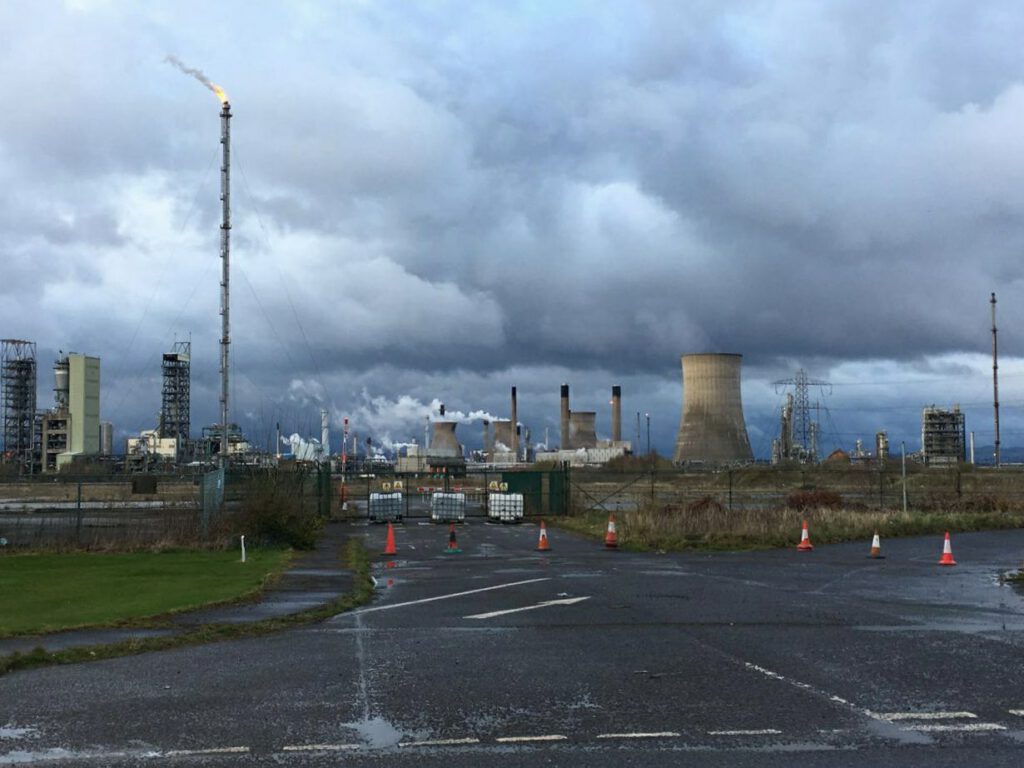Locating the ‘where’ of just energy transitions: places, homes, communities
David Brown, University of Warwick. If we are to limit the most profound impacts of the climate crisis, it is well-recognised that we need globally-coordinated, bold and unprecedented action on climate change and an energy transition away from fossil fuels. In order to limit global warming to 1.5 degrees, as set out in the 2015 […]
